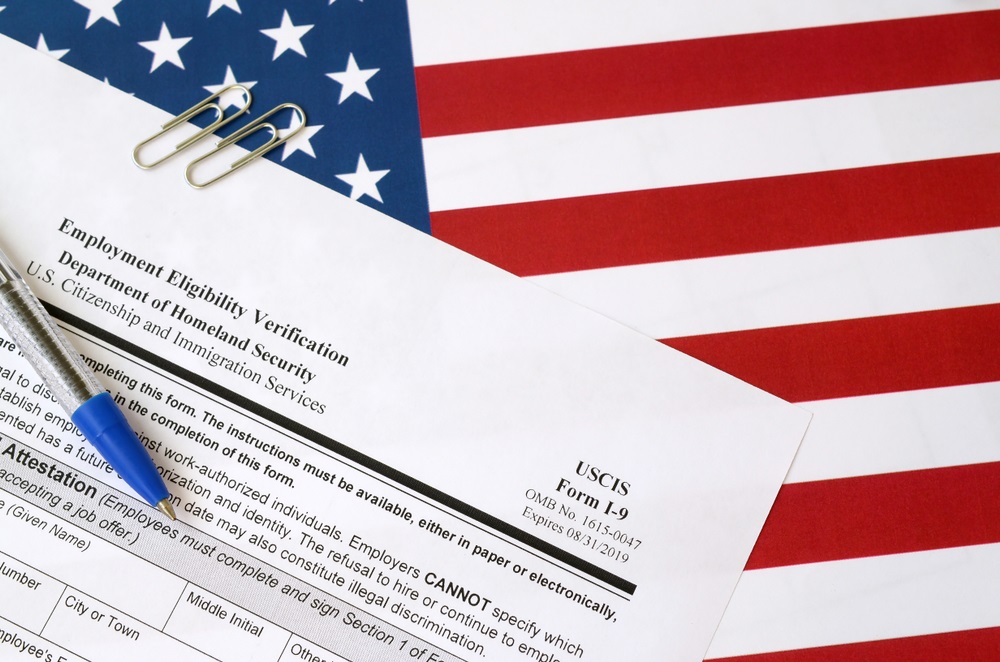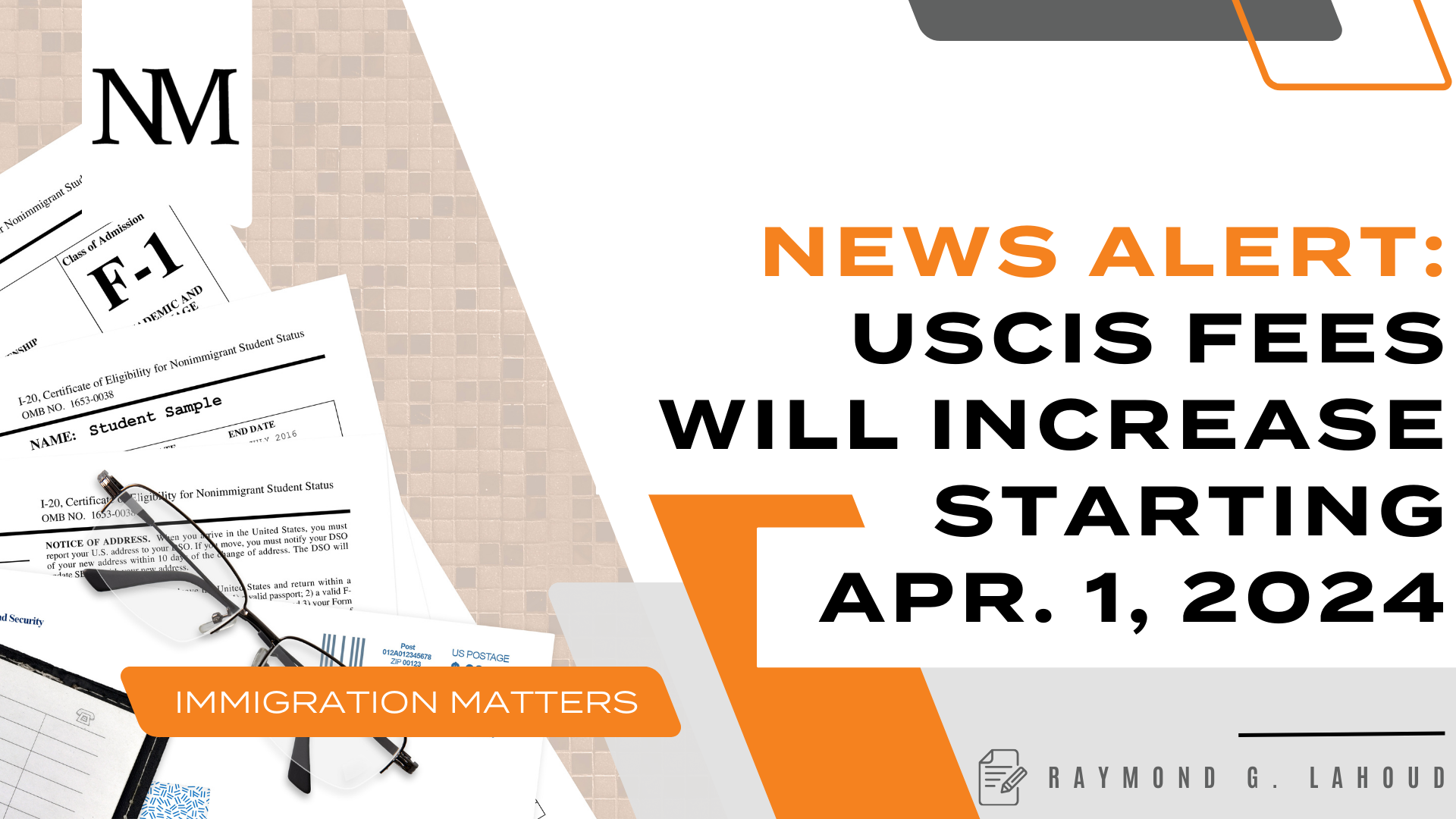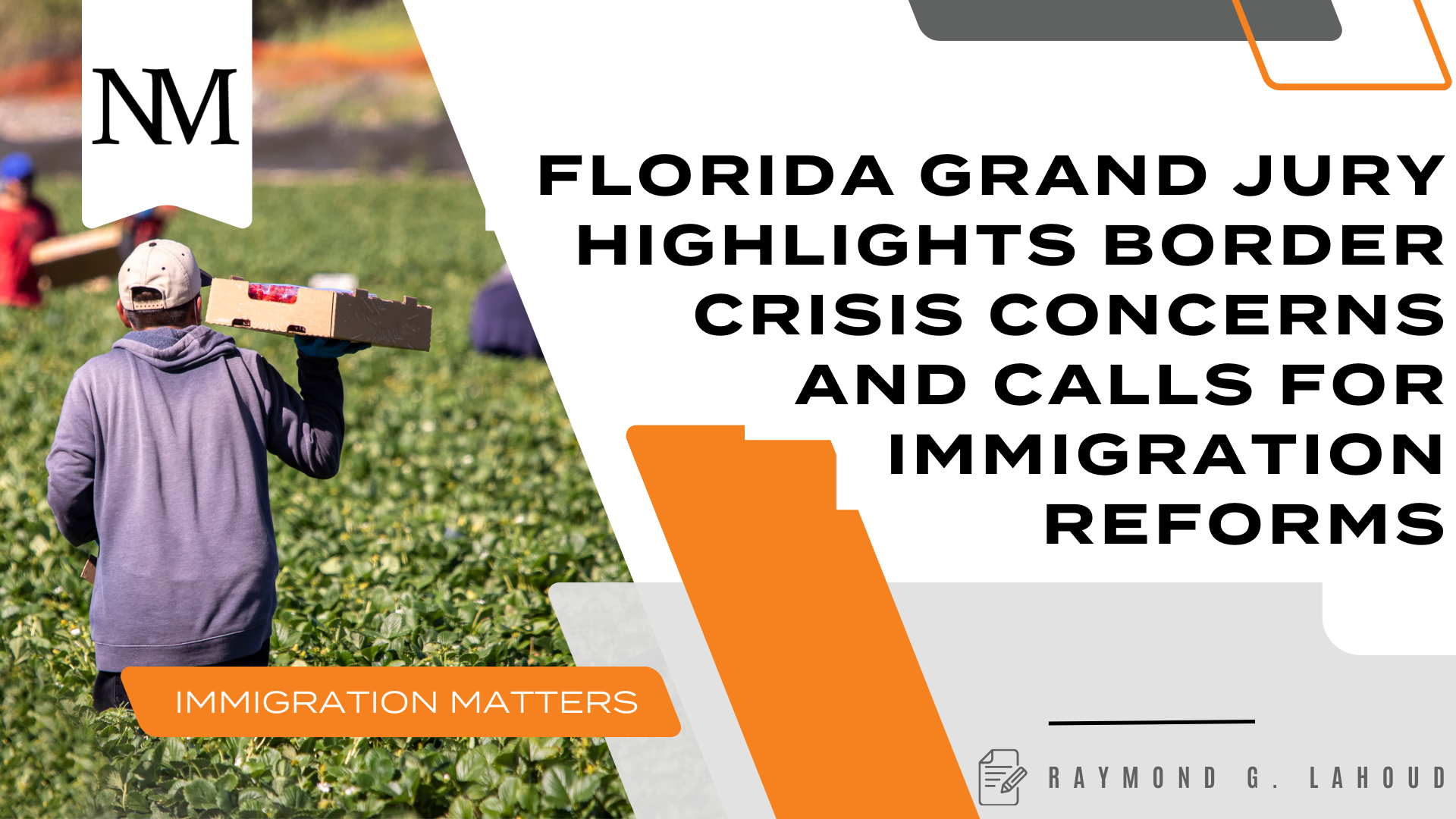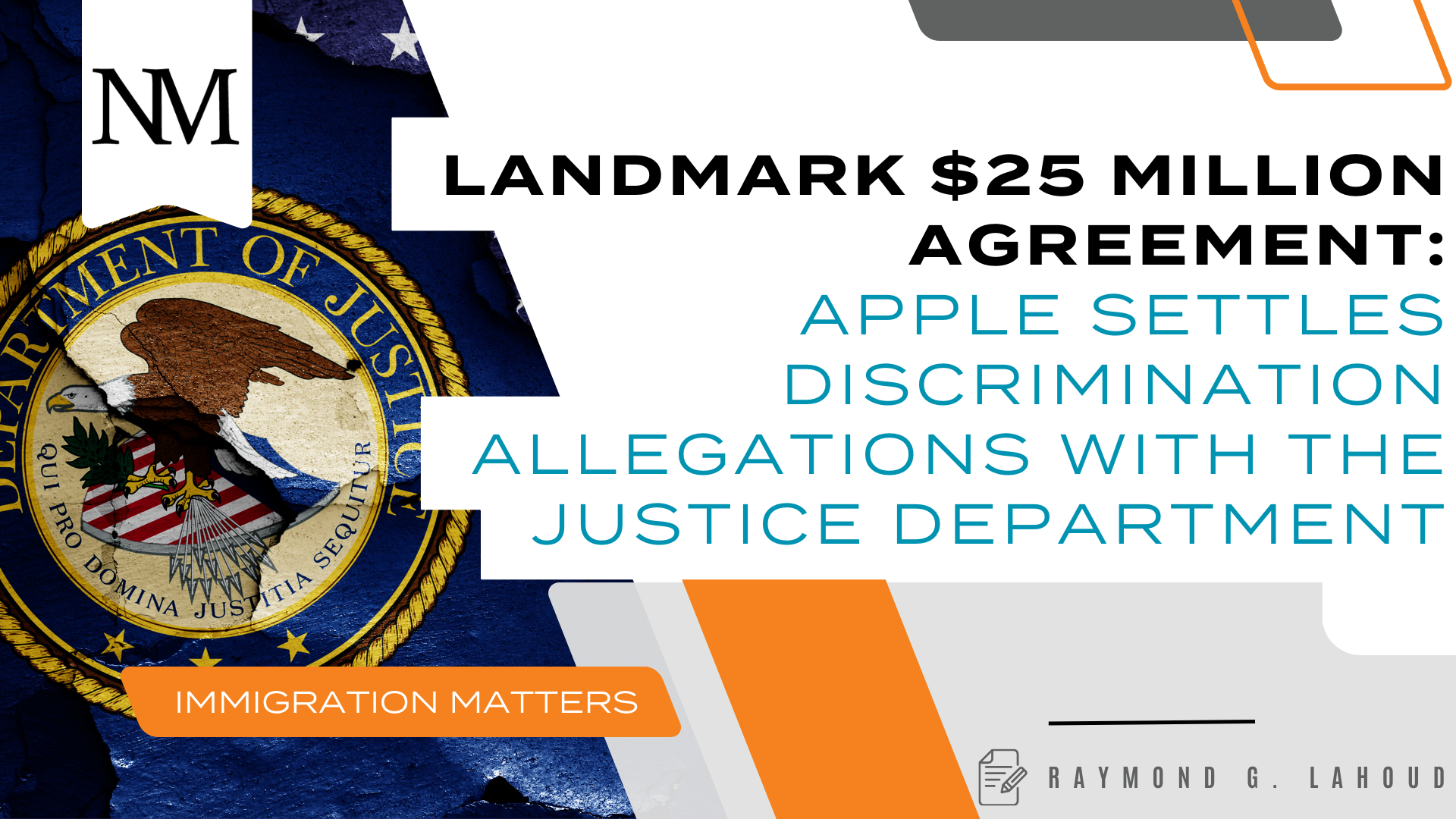DHS Extends I-9 Flexibility and Signals Possible Regulatory Change

The Department of Homeland Security ("DHS") recently announced an extension of the current flexibility associated with Form I-9 compliance. The announcement offers welcome relief to employers still struggling with the COVID-19 pandemic and comes as the U.S. government considers modification of the rules associated with I-9 verification to provide a permanent solution.
What is I-9 Verification?
Form I-9, Employment Eligibility Verification is a standardized form used by the United States Citizenship and Immigration Services ("USCIS") for employment verification in the United States. Mandated by the Immigration Reform and Control Act of 1986, Form I-9 is used to verify the identity and legal authorization of all employees who work in the United States. During the I-9 process, the employee must provide their employer with documentation that proves their legal status to work in the United States.
For most of its history, the I-9 process required an employer to physically examine an employee's documentation for employment eligibility verification.
COVID-19: DHS Relaxes I-9 Verification Requirements
In March 2020, DHS began temporarily permitting remote I-9 verification for newly hired employees provided that the forms would be physically inspected following the employee's return to on-site work. This flexibility gave employers the option to temporarily inspect documents remotely, whether over video link, fax, or email.
The original guidance provided by DHS indicated employers and workplaces had to be 100% remote to benefit from virtual inspection of I-9 documentation. However, after the pandemic failed to subside after over a year, DHS relaxed the guidance, providing new guidance on April 1, 2021, which provided:
The current extension includes guidance for employees hired on or after April 1, 2021 and work exclusively in a remote setting due to COVID-19-related precautions. Those employees are temporarily exempt from the physical inspection requirements associated with the Employment Eligibility Verification (Form I-9) until they undertake non-remote employment on a regular, consistent, or predictable basis, or the extension of the flexibilities related to such requirements is terminated, whichever is earlier.
This language expanded the scope of the flexibility to any employees who were working in a remote setting due to the pandemic, regardless of whether the company was entirely remote.
DHS Again Extends I-9 Flexibility
DHS recently announced it will extend I-9 flexibility through April 30, 2022. The most recent extension simply readopts the guidance provided on April 1, 2021. This flexibility continues to provide much-needed relief for employers who are incrementally bringing employees back to the office. With this guidance, phasing employees back to in-person work will not immediately trigger the in-person requirement for all new hires.
Employers can continue to monitor the DHS and ICE Workforce Enforcement announcements for future changes. These announcements are generally released on the DHS website, available here.
DHS Requests Public Input on Remote Document Examination
As the COVID-19 pandemic shows no sign of subsiding, USCIS and DHS recently requested public comment on the document examination practices associated with I-9 employment verification. In so doing, USCIS and DHS signaled that they may consider a more permanent rule change to accommodate the ongoing issues associated with the pandemic. As part of the rule-making process, federal agencies must allow public comment on proposed rule changes before implementing those changes.
The purpose of the request was to better understand employers' and employees' experiences with physical document verification and to examine the impacts of remote document verification that has been conducted throughout the COVID-19 pandemic. Through this process, DHS especially examined the potential costs and benefits of future remote document examination.
To learn more about this blog post, or if you have any other immigration concerns, please feel free to contact me at rglahoud@norris-law.com or (484) 544-0022.




